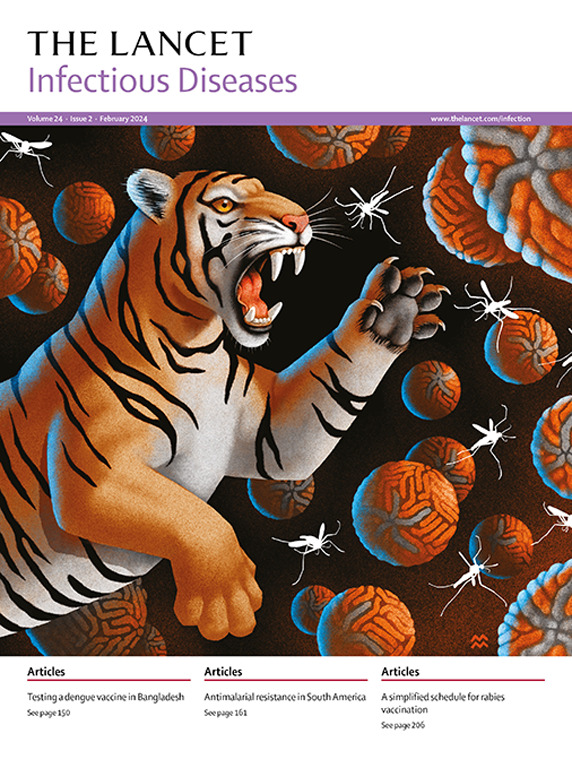Approaches to increase access to community-based infectious disease control for ethnically, racially, and religiously marginalised populations: a scoping review
IF 36.4
1区 医学
Q1 INFECTIOUS DISEASES
引用次数: 0
Abstract
Marginalised populations often have reduced access to infectious disease prevention interventions, and as a result of this and other socioeconomic factors, these populations are at a higher risk of disease. Here, we reviewed the literature of community-based interventions delivered at the individual level across multiple diseases, and focused on how to increase access to infectious disease interventions for ethnically, racially, and religiously marginalised populations. Most of the included studies only focused on a single disease and used quantitative descriptive methods. We noted the lack of research, especially in low-income and middle-income countries. Common themes on the adaptations made included the importance of trust, descriptions of how the community was engaged at a deep level, and highlighting the importance of where interventions were delivered. We conclude that there is a need for more implementation research on this topic. Understanding how to increase access is crucial for achieving universal health coverage, which is also important from a global health security perspective, especially in an era when large-scale epidemics and pandemics are becoming more common.求助全文
约1分钟内获得全文
求助全文
来源期刊

Lancet Infectious Diseases
医学-传染病学
CiteScore
60.90
自引率
0.70%
发文量
1064
审稿时长
6-12 weeks
期刊介绍:
The Lancet Infectious Diseases was launched in August, 2001, and is a lively monthly journal of original research, review, opinion, and news covering international issues relevant to clinical infectious diseases specialists worldwide.The infectious diseases journal aims to be a world-leading publication, featuring original research that advocates change or sheds light on clinical practices related to infectious diseases. The journal prioritizes articles with the potential to impact clinical practice or influence perspectives. Content covers a wide range of topics, including anti-infective therapy and immunization, bacterial, viral, fungal, and parasitic infections, emerging infectious diseases, HIV/AIDS, malaria, tuberculosis, mycobacterial infections, infection control, infectious diseases epidemiology, neglected tropical diseases, and travel medicine. Informative reviews on any subject linked to infectious diseases and human health are also welcomed.
 求助内容:
求助内容: 应助结果提醒方式:
应助结果提醒方式:


